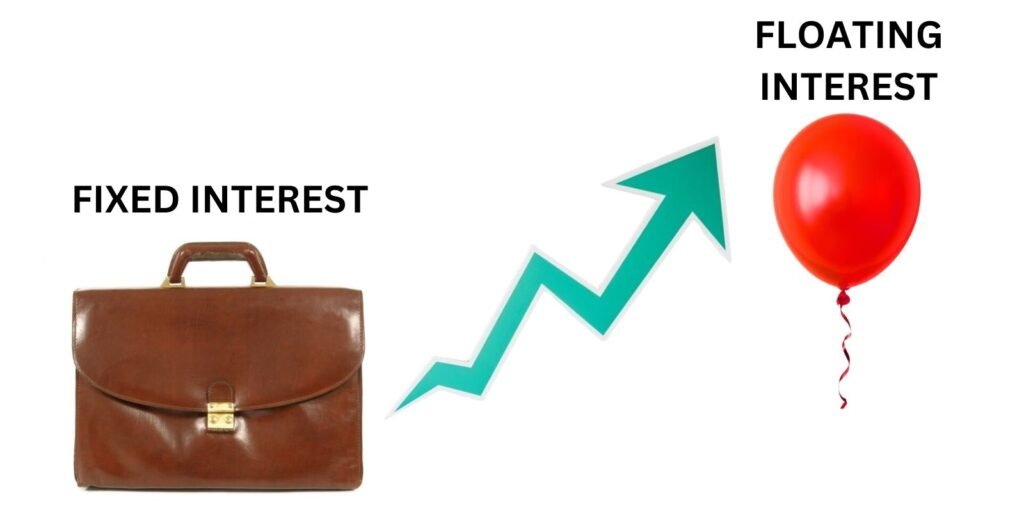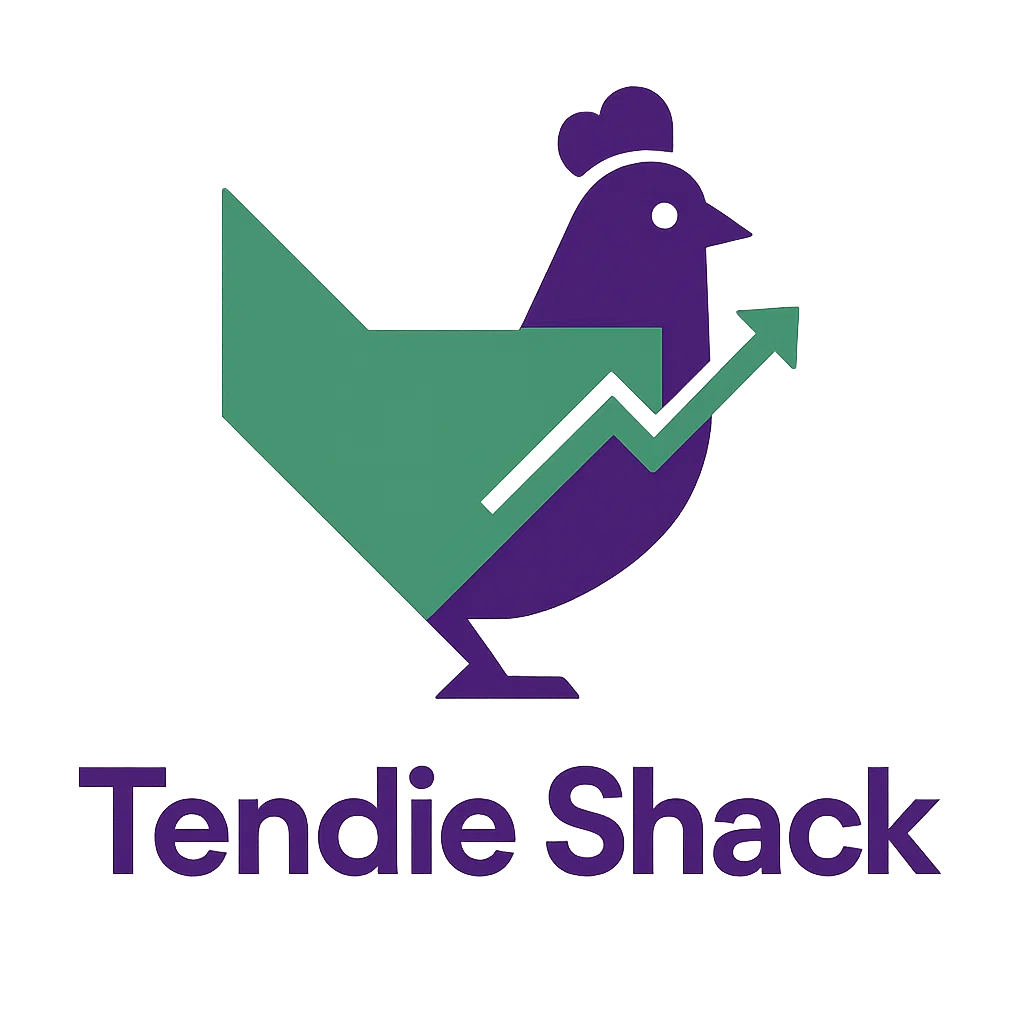What is Fixed Interest
- by:
- Nick H
Key Points
A fixed interest rate remains unchanged for the entire term of a loan or investment
Fixed interest rates are commonly found in mortgages, car loans, personal loans, and bonds
Choosing a fixed interest rate is ideal for individuals seeking certainty in financial planning
10 Stocks You Should Buy Before August >
For adsense add
Advertisement

affiliate add
For adsense add
Mail Sign Up
Get The Latest News & Stock Picks
Stay ahead of the market with expert news, actionable tips, and exclusive stock picks delivered straight to your inbox. Join a community of investors who value real insights and smarter strategies. Sign up now and get the edge you need to invest with confidence.
By submitting your email, you agree to receive updates and promotional content from our team. You can unsubscribe at any time. For more details, please review our Privacy Policy.
For adsense add
For adsense add
A fixed interest rate is a type of interest rate that remains unchanged for the entire duration of a loan or investment. Unlike a variable or adjustable interest rate, which can fluctuate over time based on broader market conditions or reference rates, a fixed interest rate is agreed upon at the outset and stays the same until the contract ends. This characteristic provides predictability for both borrowers and lenders, making it a popular choice for many financial products, including mortgages, car loans, personal loans, and some types of bonds.

Understanding how fixed interest rates work and when they are most beneficial is essential for anyone making borrowing or investment decisions.
How Fixed Interest Rates Work
When a borrower takes out a loan with a fixed interest rate, the cost of borrowing is set in advance and does not change during the life of the loan. The borrower makes regular payments that consist of both principal and interest, and the portion attributed to interest is calculated using the fixed rate.
For example, if you take out a $20,000 car loan at a fixed interest rate of 5 percent over five years, your interest rate and monthly payments will remain constant until the loan is paid off, regardless of what happens in the broader interest rate market.
The same principle applies to investments. A bond with a fixed coupon rate will pay the investor the same interest amount at regular intervals until the bond matures. This predictability is especially attractive to risk-averse investors who want to know exactly how much income they will receive.
Fixed Interest Rate vs. Variable Interest Rate
The main alternative to a fixed interest rate is a variable interest rate. A variable rate can change over time, typically in response to movements in a benchmark rate, such as the Federal Funds Rate or the London Interbank Offered Rate (LIBOR). While a fixed rate offers certainty, a variable rate carries the potential for both lower and higher payments depending on how interest rates move.
For example, if you have a mortgage with a variable rate, your monthly payments may increase if market interest rates rise. On the other hand, if rates fall, your payments may decrease. With a fixed-rate mortgage, you always know exactly what your payments will be.
Most Like Articles
Advantages of a Fixed Interest Rate
Predictability
One of the greatest advantages of a fixed interest rate is predictability. Borrowers and investors know in advance how much they will pay or receive, which makes budgeting easier and reduces the risk of surprises.
Protection from Rising Rates
With a fixed rate, borrowers are shielded from potential increases in market interest rates. Even if rates climb significantly, the terms of the loan or investment do not change.
Simplicity
Fixed-rate products are straightforward and easy to understand. There is no need to monitor market rates or worry about changes in payment amounts.
Disadvantages of a Fixed Interest Rate
Less Flexibility
If market rates fall, borrowers with fixed-rate loans cannot take advantage of the lower rates without refinancing, which can involve fees and new qualification requirements.
Potentially Higher Initial Rates
Fixed interest rates are sometimes set higher than initial variable rates. This is because lenders are taking on the risk that rates could rise during the loan period.
Prepayment Penalties
Some fixed-rate loans, particularly mortgages, may include penalties if the borrower pays off the loan early. These penalties are designed to compensate the lender for the lost interest income.
Where to invest $1,000 right now
When our analyst team has a stock tip, it can pay to listen. After all, Tendie Shacks total average return is 1,053% — a market-crushing outperformance compared to 180% for the S&P 500.
They just revealed what they believe are the 10 best stocks for investors to buy right now, available when you join Our Tendie Community.
*Tendie Shack returns as of today
When to Choose a Fixed Interest Rate
A fixed interest rate is often the best choice when interest rates are low or when a borrower wants certainty in their financial planning. It is ideal for those who expect to hold the loan or investment for the full term and do not want to deal with payment fluctuations.
Fixed rates are commonly chosen for:
Mortgages: Many homebuyers prefer fixed-rate mortgages for their stability, especially when planning to live in the home for a long time.
Auto Loans: Car buyers often use fixed-rate loans for the entire repayment period.
Bonds: Investors seeking reliable income may select fixed-rate bonds.
Examples of Fixed Interest Rate Products
Fixed-rate mortgages: Home loans with a set interest rate for the term of the loan, commonly 15 or 30 years.
Personal loans: Many banks and credit unions offer fixed-rate personal loans.
Fixed-rate bonds: Bonds issued by governments or corporations that pay a fixed coupon rate until maturity.
Final Thoughts
A fixed interest rate provides peace of mind and makes long-term financial planning easier by offering stable payments and predictable returns. While borrowers may pay slightly more in exchange for this security, the ability to avoid surprises is often worth the trade-off. Understanding when to choose a fixed interest rate can help borrowers and investors make decisions that fit their goals and risk tolerance.
Right now, we’re issuing “Double Down” alerts for three incredible companies, and there may not be another chance like this anytime soon.
Tendie Shack Returns as of Today
For adsense add






